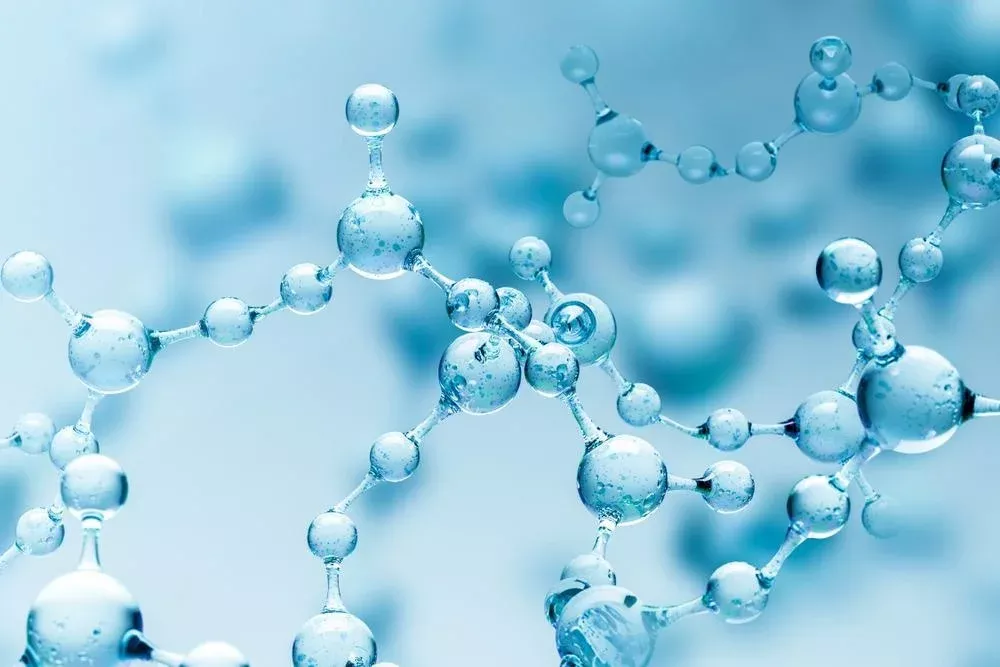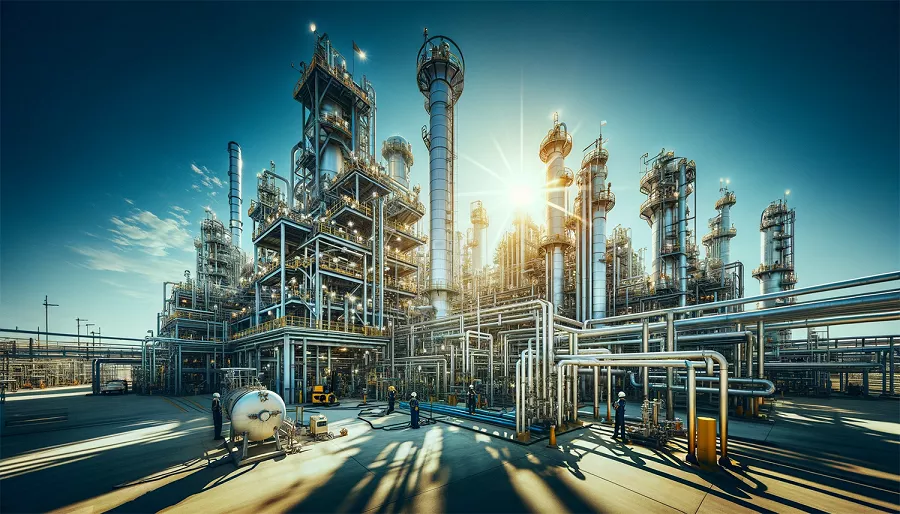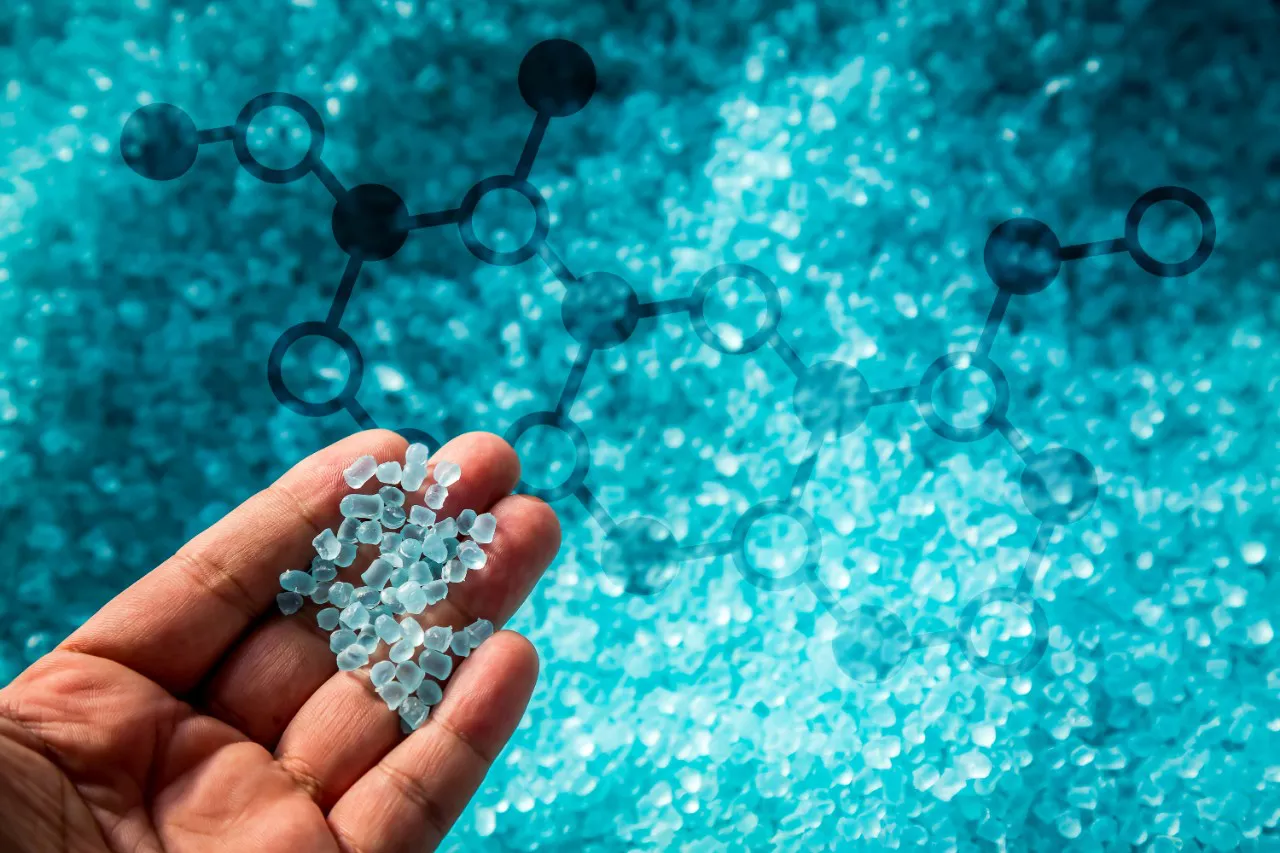Introduction
The petrochemical industry is a fundamental driver of global economic growth, providing essential materials for products used in daily life and supporting various industries, including manufacturing, agriculture, automotive, and healthcare. As the demand for plastics, synthetic fibers, and other petrochemical products grows, this industry’s role in fueling economic expansion becomes increasingly critical. In this article, we examine how the petrochemical industry contributes to global economic growth, its impact on different sectors, and the emerging trends that shape its future.
Understanding the Petrochemical Industry
The petrochemical industry involves the production of chemicals derived from petroleum and natural gas, primarily through refining processes. These chemicals are then used to create products ranging from plastics and fertilizers to pharmaceuticals and synthetic materials. Key petrochemical products include ethylene, propylene, butadiene, and benzene—each serving as a building block for countless goods. With its vast applications, the petrochemical industry forms the backbone of modern manufacturing and has far-reaching effects on the global economy.
How the Petrochemical Industry Drives Economic Growth
1. Job Creation and Employment Opportunities
The petrochemical industry is a major source of employment worldwide. From engineers and plant operators to researchers and logistics specialists, the industry provides millions of direct and indirect jobs. In regions with significant petrochemical activities, such as the Middle East, the United States, and Asia, these jobs play a vital role in local economies, boosting income levels and improving living standards.
2. Supporting Manufacturing and Industrial Growth
Petrochemicals are essential raw materials for manufacturing, directly influencing the production of consumer goods, packaging, automotive parts, and electronics. By supplying critical resources, the petrochemical industry enables growth across multiple sectors. In turn, these industries contribute to GDP growth, create additional jobs, and strengthen economic resilience. For example, the automotive and packaging industries heavily rely on petrochemical products for lightweight, durable, and affordable components.
3. Enhancing Agricultural Productivity
Fertilizers derived from petrochemical products play a significant role in improving agricultural yields and supporting food security. Nitrogen-based fertilizers, produced using ammonia—a key petrochemical—are essential for healthy crop growth. By supporting agriculture, the petrochemical industry indirectly contributes to economic stability and reduces poverty, especially in developing regions where agriculture is a major economic activity.
Key Sectors Impacted by the Petrochemical Industry
Automotive Industry
Petrochemicals are used in manufacturing a variety of automotive components, including tires, seats, and dashboards. By providing materials like synthetic rubber and lightweight plastics, the petrochemical industry helps automotive manufacturers improve fuel efficiency and reduce vehicle weight, aligning with environmental regulations and consumer demands for greener transportation options.
Healthcare and Pharmaceuticals
The healthcare industry relies heavily on petrochemical products for medical devices, drug delivery systems, and protective equipment. Polymers, derived from petrochemicals, are used to make syringes, IV bags, and surgical gloves. As the demand for high-quality healthcare grows, the petrochemical industry will continue to play a crucial role in supporting this sector and enhancing global health outcomes.
Construction and Infrastructure
Petrochemical-based products such as PVC pipes, insulation materials, and paints are essential in construction. These materials offer durability, flexibility, and cost-effectiveness, making them popular choices for infrastructure projects worldwide. As urbanization increases and infrastructure investment rises, the demand for petrochemical products in construction will continue to drive economic growth.
The Petrochemical Industry and Technological Advancements
The petrochemical industry is investing in advanced technologies to improve efficiency, reduce emissions, and support sustainable practices. Innovations such as catalytic cracking and chemical recycling allow for more effective resource usage, lowering production costs and minimizing environmental impact. Furthermore, the development of bio-based alternatives, such as bioplastics, aligns the industry with global sustainability goals and meets consumer demands for eco-friendly products.
Digital Transformation and Process Optimization
Digital tools, including AI and data analytics, are transforming petrochemical operations by optimizing supply chains, reducing downtime, and enhancing production efficiency. Through predictive maintenance and real-time monitoring, digitalization helps companies manage resources more effectively and improve profitability, contributing to overall economic growth.
Environmental Challenges and Sustainability in the Petrochemical Industry
While the petrochemical industry drives economic growth, it faces significant environmental challenges. The production and use of petrochemical-based plastics have led to pollution and waste issues that need urgent attention. However, the industry is taking proactive steps to address these concerns by adopting sustainable practices, such as developing recyclable materials, reducing emissions, and investing in green energy sources. These efforts are essential for ensuring the industry’s long-term growth while mitigating environmental impact.
Future Trends in the Petrochemical Industry and Economic Implications
1. Expansion in Emerging Markets
Emerging economies in Asia, Africa, and Latin America are driving increased demand for petrochemical products, especially in sectors like manufacturing, construction, and healthcare. As these regions industrialize, the petrochemical industry’s expansion will provide new growth opportunities, contributing to global economic development.
2. Shift Towards Circular Economy Models
Circular economy initiatives, such as recycling and reusing petrochemical products, are gaining momentum. By incorporating circular practices, the petrochemical industry can reduce its environmental footprint and promote sustainable economic growth. The transition to a circular economy will open up new markets for recycled materials, benefiting both the industry and the global economy.
3. Innovation in Sustainable Petrochemicals
With the increasing focus on sustainability, the petrochemical industry is exploring bio-based and renewable feedstocks to replace fossil-based raw materials. These innovations not only reduce greenhouse gas emissions but also create opportunities for developing sustainable products that cater to eco-conscious consumers, further driving economic growth.
Conclusion
The petrochemical industry is a vital contributor to global economic growth, supporting diverse sectors from agriculture and automotive to healthcare and construction. By providing essential raw materials and driving technological innovation, the industry enables efficient production, job creation, and economic resilience. As the world moves toward sustainability, the petrochemical industry will continue to play a pivotal role, adopting eco-friendly practices and advancing technological solutions that align with global economic goals. With its wide-ranging impact, the petrochemical industry remains a cornerstone of modern economic development, supporting a more connected and prosperous world.




